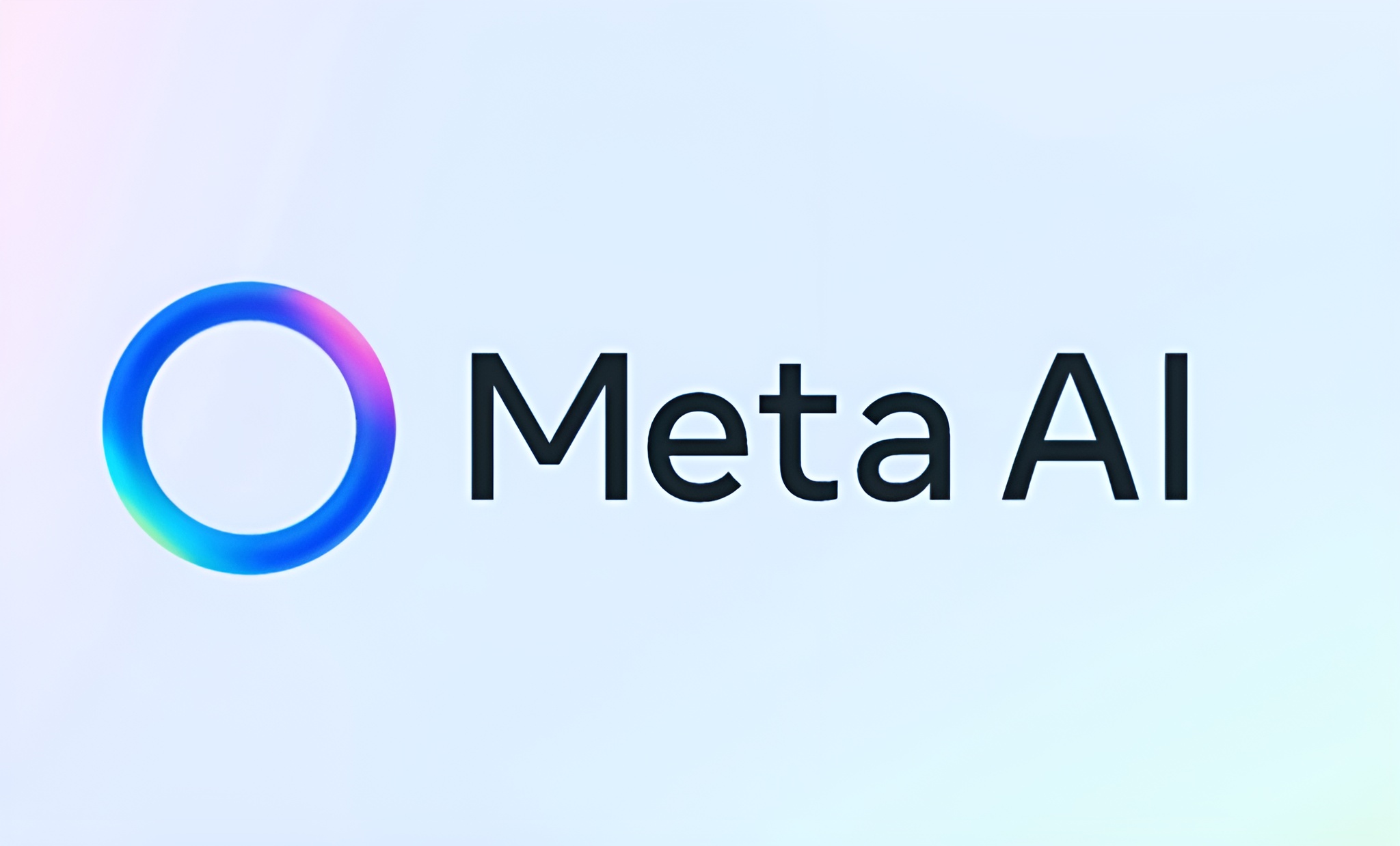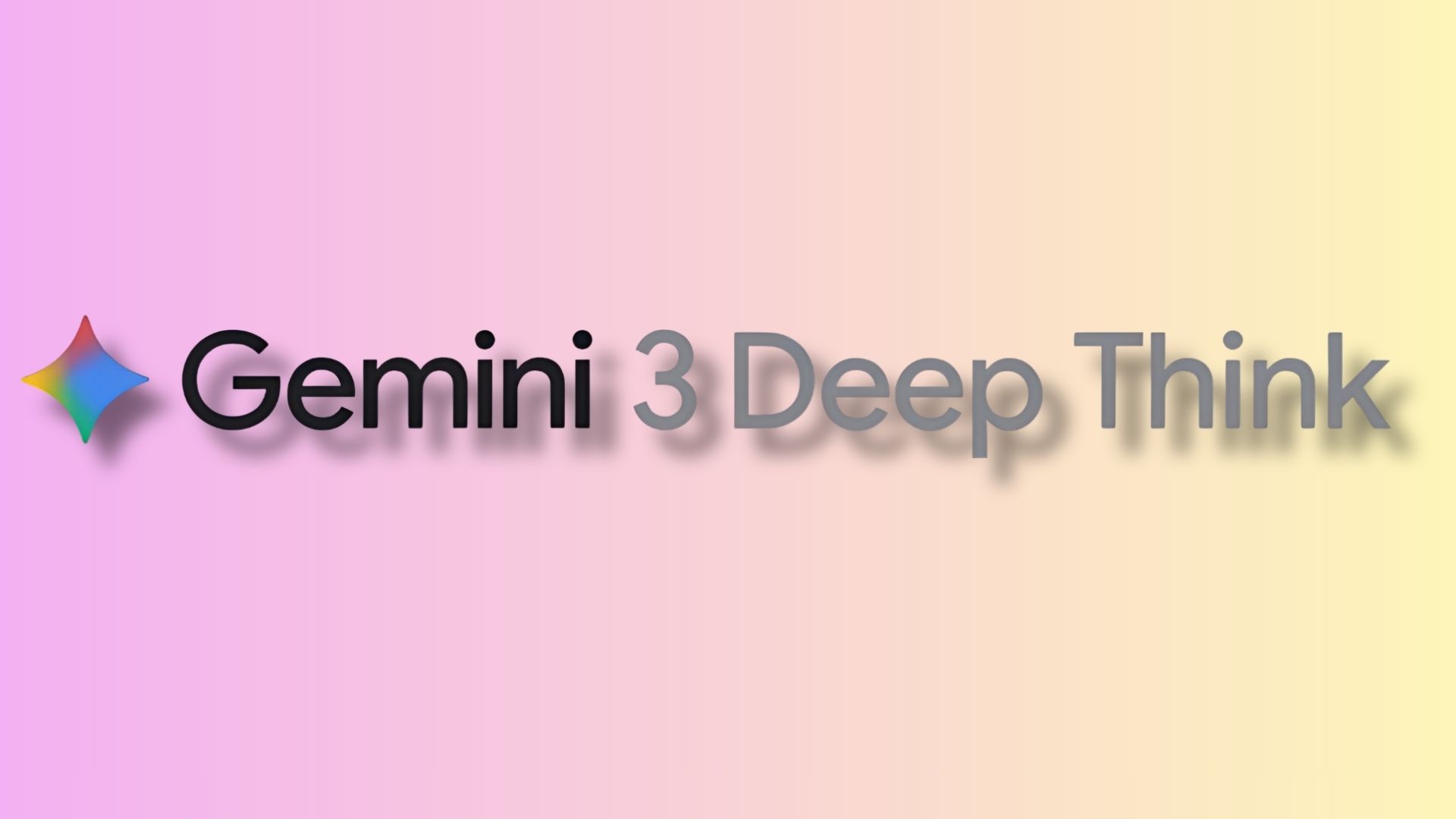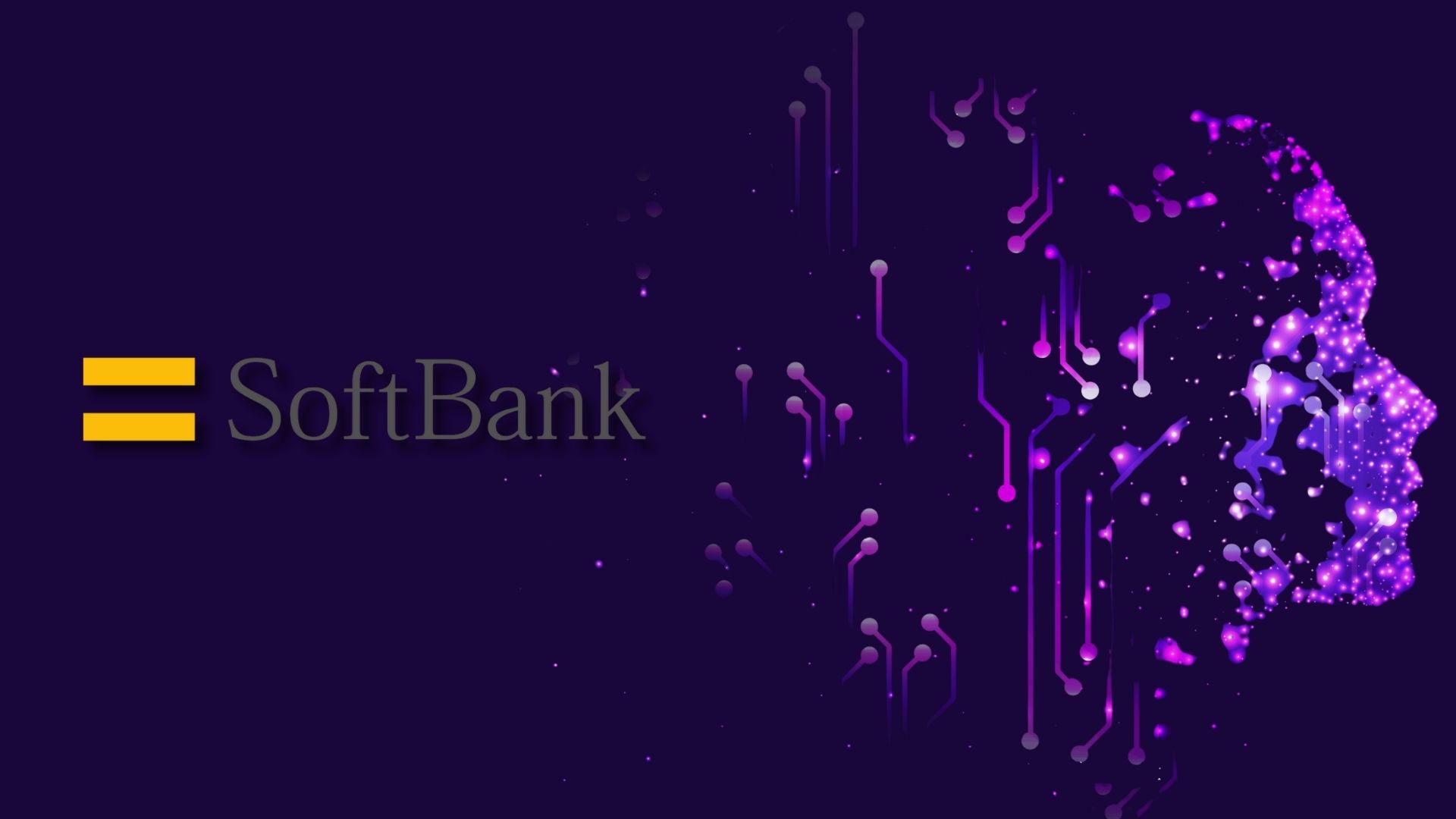Growing political pressure is building in Westminster as more than 100 parliamentarians call for binding regulation on the most advanced AI systems, arguing that current safeguards lag far behind industry progress.
A cross-party group, supported by former defence and AI ministers, warns that unregulated superintelligent models could threaten national and global security.
The campaign, coordinated by Control AI and backed by tech figures including Skype co-founder Jaan Tallinn, urges Prime Minister Keir Starmer to distance the UK from the US stance against strict federal AI rules.
Experts such as Yoshua Bengio and senior peers argue that governments remain far behind AI developers, leaving companies to set the pace with minimal oversight.
Calls for action come after warnings from frontier AI scientists that the world must decide by 2030 whether to allow highly advanced systems to self-train.
Campaigners want the UK to champion global agreements limiting superintelligence development, establish mandatory testing standards and introduce an independent watchdog to scrutinise AI use in the public sector.
Government officials maintain that AI is already regulated through existing frameworks, though critics say the approach lacks urgency.
Pressure is growing for new, binding rules on the most powerful models, with advocates arguing that rapid advances mean strong safeguards may be needed within the next two years.
Would you like to learn more about AI, tech and digital diplomacy? If so, ask our Diplo chatbot!










